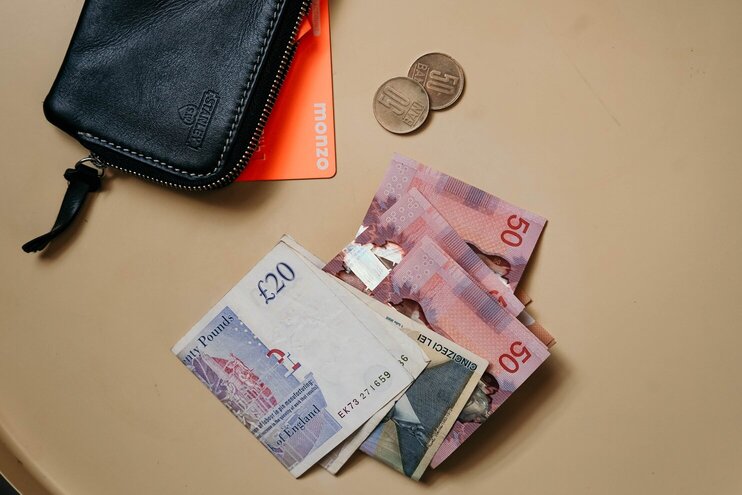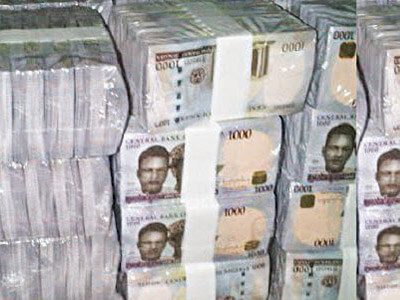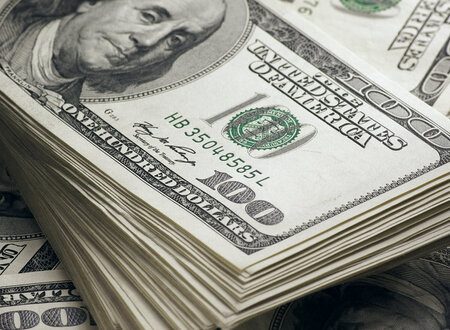Data from the World Bank has revealed that Nigerians in diaspora remitted $65.34bn back home between 2018 to 2020.
While there are over 10 million, according to unofficial figure, Nigerians abroad, the official figure by the United Nations Department of Economic and Social Affairs put the number at 1.7 million.
Using the official number of Nigerians by the UN means that the average remittance per Nigerian abroad at $38,428.15 between 2018 to 2020.
In 2017, the Senior Special Assistant to the President on Foreign Affairs and the Diaspora, Mrs Abike Dabiri-Erewa, stated that there were about 15 million Nigerians spread across the globe.
The statement by the Nigerian official shows that the government doesn’t have the specific number of its citizens abroad even as they continue to make significant contribution to the Nigerian economy.
The government may have its weaknesses, but some Nigerians also exit the country through illegal routes, thereby making tracking very challenging for the government.
Decline In Foreign Remittances
While the remittances from the Nigerians abroad contribute made up four percent of Gross Domestic Product (GPD) back home, the World Bank figures show that there is decline in the foreign remittances.
For instance, the Nigerian Diaspora remittance in 2018 was $24.31bn; it nosedived to $23.81bn in 2019, and by 2020 it dropped to $17.21bn.
The decline could be as a result of three things:
1) The outbreak of the coronavirus pandemic in late 2019 through 2020 affected millions of productions and businesses around the world.
2) The decline of trust in the Nigerian foreign market policy
Inconsistent policies may make investors and even the citizens lose confidence in the ability of the government to adequately protect their interest.
3) It may also mean Nigerians have discovered more unofficial means of sending money to their families back home while the recipients may have also found unconventional means changing their forex at the black market rate. The parallel market rate is far better than the official rate even with the ‘Naira-4-Dollar’ policy launched in March, 2021
In March, the Central Bank of Nigeria (CBN) that was aware of the decline launched ‘Naira-4-Dollar’ policy in order to motivate Nigerians in diaspora to remit foreign currencies back home to increase the country’s foreign exchange inflow.
How does the ‘Naira-4-Dollar’ work?
Sender gets a rebate of N5 for every $1 of fund remitted to Nigeria through International Money Transfer Organisations.
Back then, Godwin Emefiele of CBN was quoted as saying, “In an effort to reduce the cost burden of remitting funds to Nigeria by working Nigerians in the Diaspora, the Central Bank of Nigeria has introduced a rebate of N5 for every $1 of fund remitted to Nigeria, through IMTOs licensed by the Central Bank.
The rebate will be provided to the bank accounts of beneficiaries, following receipt of remittance inflows.
It is aimed at making the process of sending remittance through formal bank channels cheaper and more convenient for Nigerians in the Diaspora.
“Foreign Remittances Are Household Income”
In another analysis by the International Monetary Fund, remittances are household income from foreign economies.
It specifically categorises remittances as cash and noncash items that flow through formal channels such as electronic wire, or through informal channels, such as money or goods carried across borders.
Recognition of Nigerians Abroad By Nigerian Government
Federal Government recognises the contribution of the foreign remittances made by its citizens abroad when in 2017 established Nigerians in Diaspora Commission to cater for the investment needs of those living abroad back home.
Since its takeoff, the commission headed by former broadcaster Abike-Dabiri has engaged with hundreds of Nigerians in Diaspora of the need to support the government’s drive to build the Nigerian economy.






